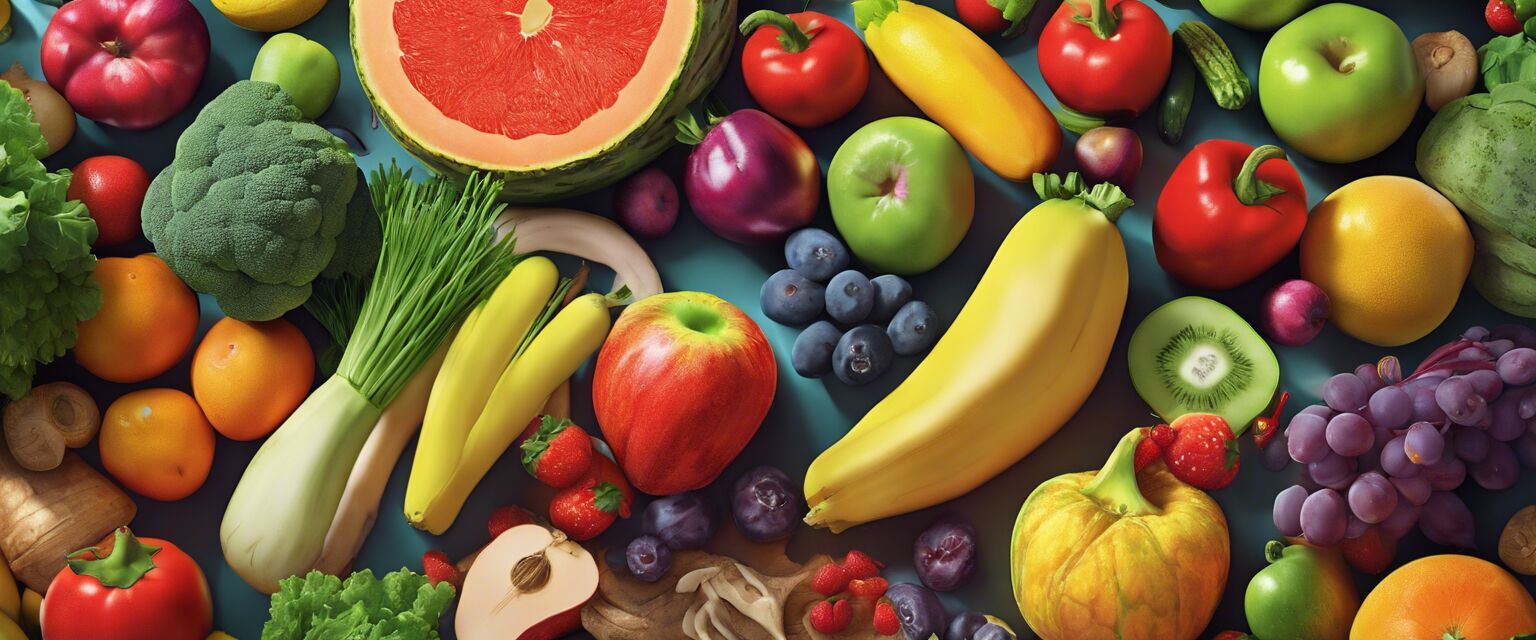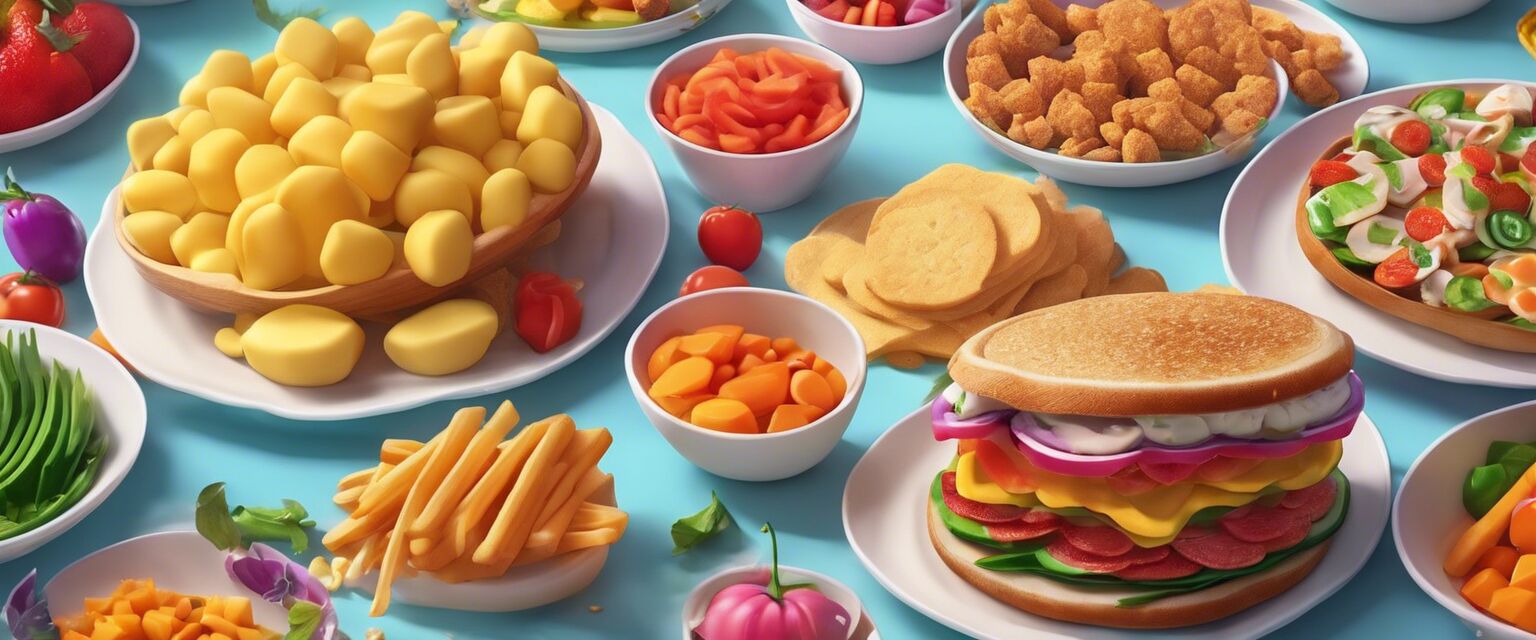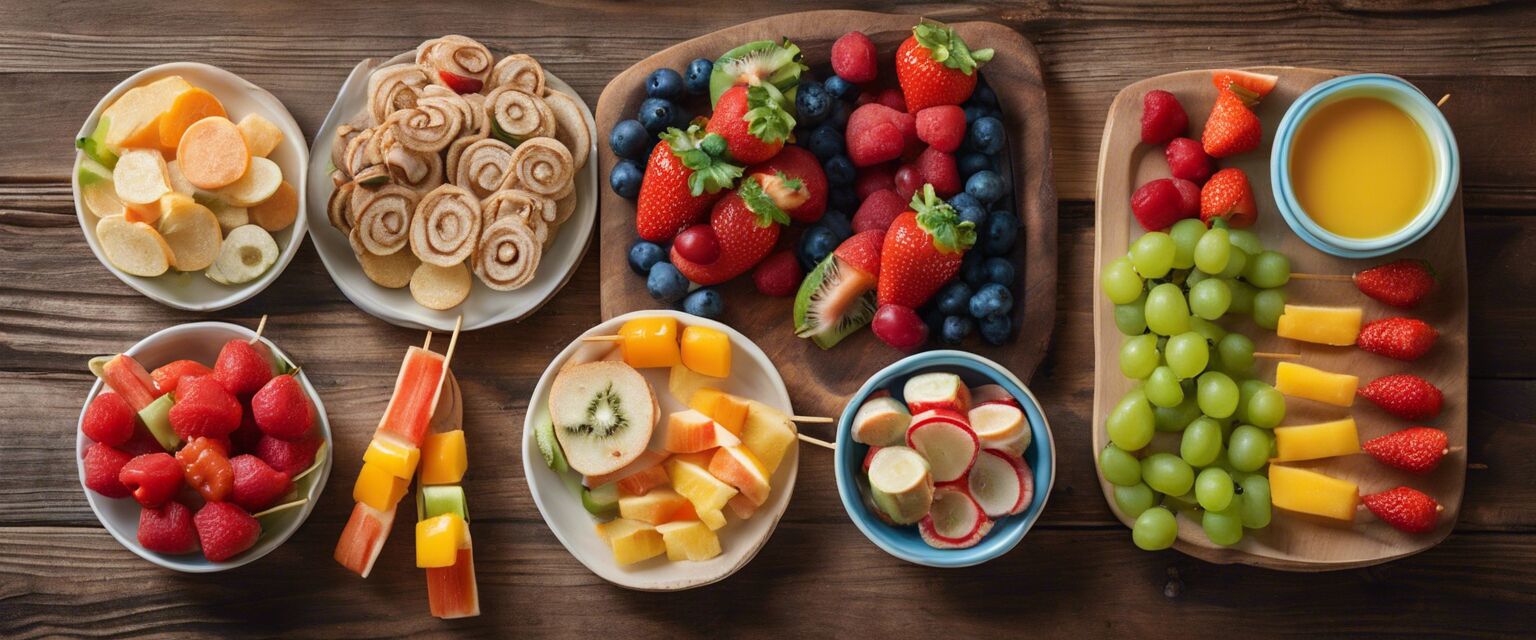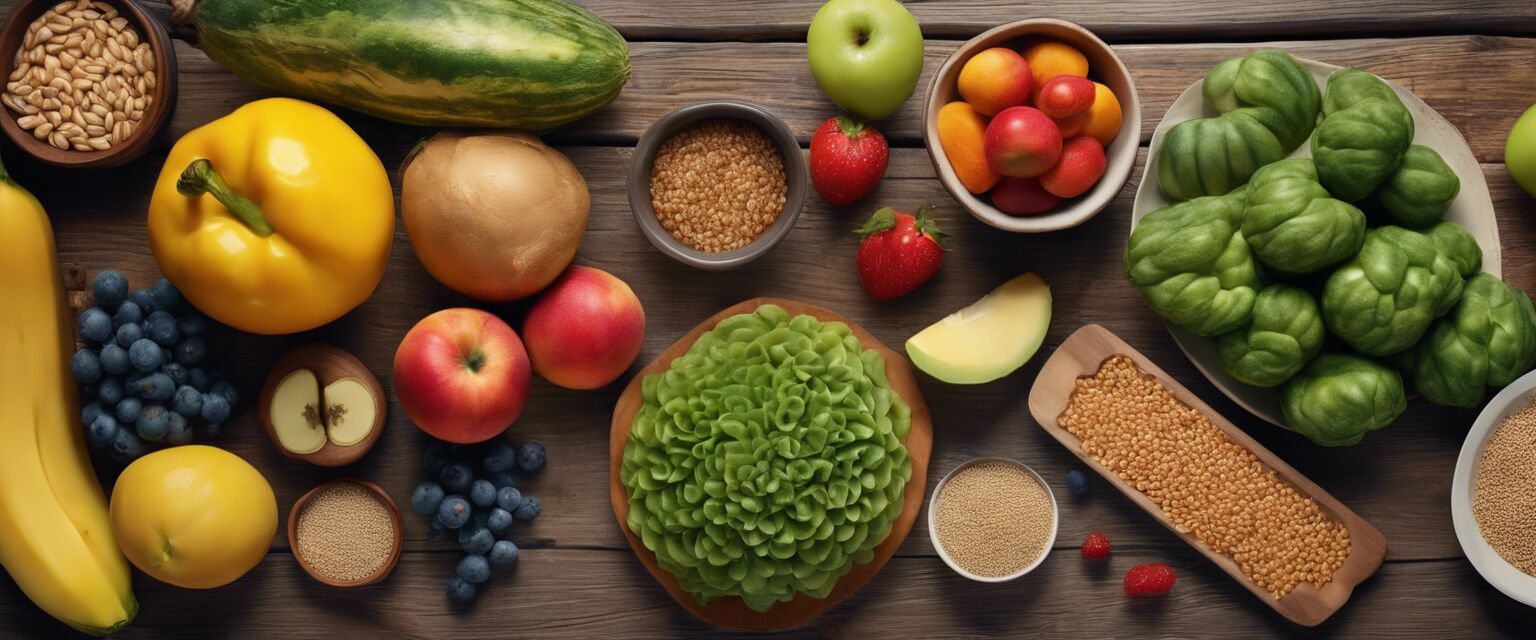
Nutrition Education for Kids
Understanding nutrition is essential for children as it lays the foundation for a healthy lifestyle. This article explores fun and engaging ways to teach kids about nutrition, helping them make healthier food choices early on.
Key Takeaways
- Children can learn about food groups and nutrition through interactive activities.
- Nutrition education promotes healthy eating habits from a young age.
- There are various resources available including cookbooks specifically designed for kids.
- Safe cooking practices are essential for teaching kids in the kitchen.
- Parental involvement enhances learning experiences related to nutrition.
Why is Nutrition Education Important?
Nutrition education empowers children with knowledge and skills to make responsible food choices. Here are some core reasons why it's important:
- Instills healthy eating habits.
- Improves overall well-being.
- Encourages mindfulness about food choices.
Fun Ways to Teach Kids About Nutrition
Kids learn best through play and creativity. Here are some engaging ways to teach nutrition:
1. Interactive Recipe Books
Utilizing themed cookbooks can make learning fun. These books offer interactive recipes that children can follow along.
2. Cooking Classes
Consider enrolling kids in cooking classes that focus on nutrition education. They gain hands-on experience with supervised instruction.
3. Nutrition Games
Games can reinforce what kids learn about nutrition. One exciting game option could be a food group matching game.

4. Themed Food Days
Host themed days at home such as "Fruit Day" or "Vegetable Day" where kids try different fruits and veggies.
Understanding Food Groups
Teaching children about different food groups is a fundamental part of nutrition education. Here is a simplified breakdown:
| Food Group | Examples | Nutritional Benefits |
|---|---|---|
| Fruits | Apples, Bananas, Berries | Rich in vitamins and fiber |
| Vegetables | Carrots, Broccoli, Spinach | High in minerals and antioxidants |
| Grains | Rice, Oats, Bread | Provide energy and fiber |
| Protein | Chicken, Beans, Eggs | Important for growth and development |
| Dairy | Milk, Yogurt, Cheese | Source of calcium for strong bones |
Developing Healthy Eating Habits
Establishing healthy eating habits can start early. Here are some actionable tips:
- Encourage balanced meals with various food groups.
- Limit sugary snacks and drinks.
- Involve kids in meal planning and preparation.
- Lead by example; parents should model healthy eating behaviors.
- Make mealtime enjoyable without distractions.
Cooking Safely with Kids
Safety in the kitchen is paramount. Here's a concise list of key safety practices:
- Always supervise children while cooking.
- Teach children to wash their hands before handling food.
- Use child-safe kitchen utensils, such as plastic knives.
- Discuss the importance of not touching sharp objects.
- Clarify the rules of handling hot surfaces and equipment.
Pros
- Encourages healthy eating among children.
- Provides valuable life skills.
- Creates opportunities for bonding with parents.
- Enhances academic performance through better nutrition.
Cons
- Requires time and commitment from parents.
- Some children may resist trying new foods.
- Access to quality ingredients may vary.
Resources for Parents and Educators
Parents and educators can utilize various resources to enhance nutrition education:
- Cookbooks with kid-friendly recipes.
- Meal planners for balanced lunches.
- Nutrition education videos available online.
- Gardening kits to teach kids about food origins.
Image Gallery


Conclusion
Nutrition education is a crucial aspect that can empower children to lead healthier lives. By integrating fun activities, safe cooking practices, and parental involvement, children will develop positive eating habits that last a lifetime. Start with relevant resources today to make the kitchen a learning zone!








